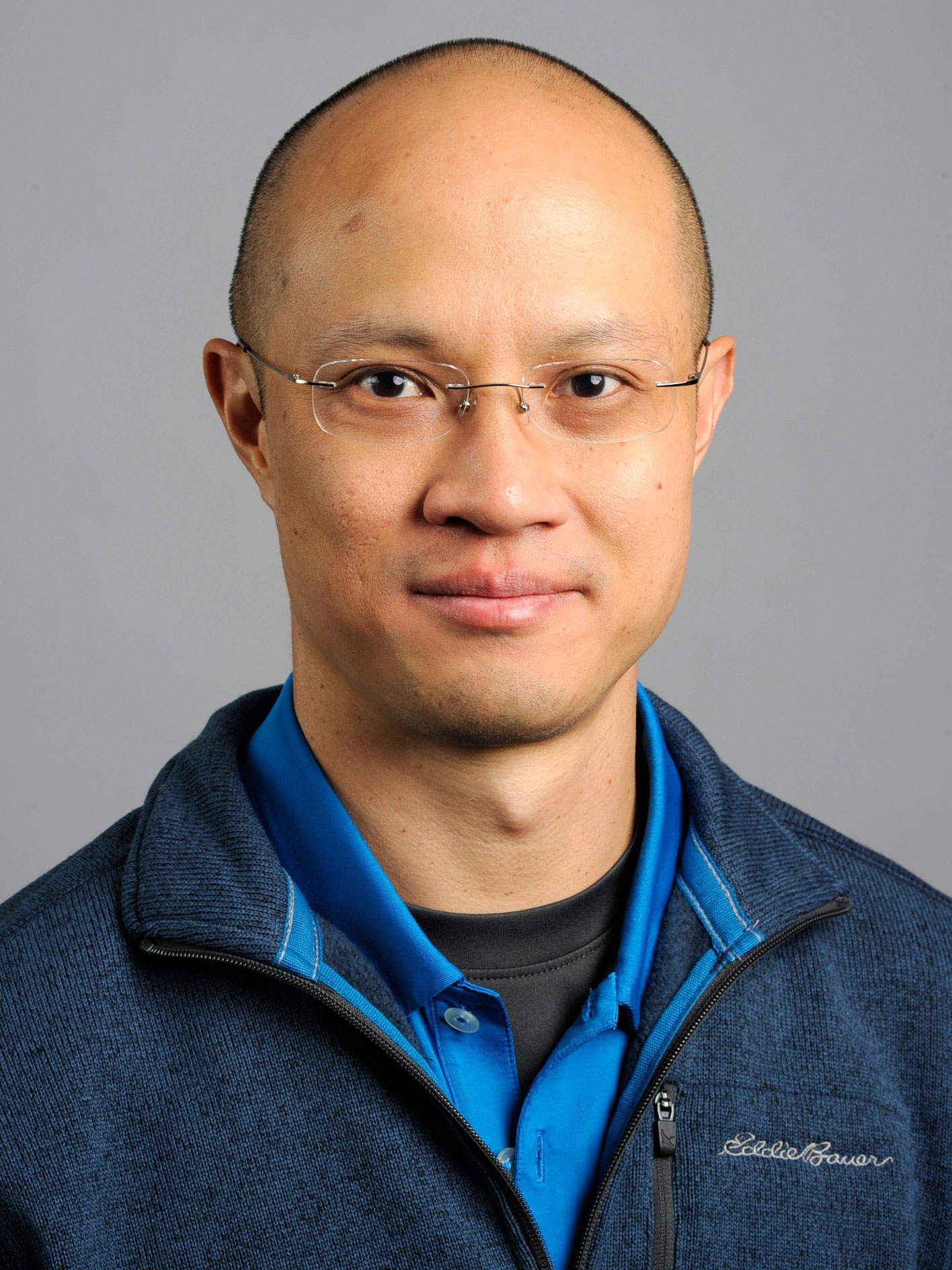
- This event has passed.
Chemical Engineering Spring Seminar Series: Francisco Hung
September 10, 2025 @ 12:00 pm - 1:00 pm
Molecular simulation of interfacial systems: From mechanical properties of liposomes to crystal nucleation in the bulk, near surfaces and in confinement
Location: 108 Snell Engineering Center
Abstract: I will give an overview of our recent molecular simulation studies of several interfacial systems of interest. In the first part of my talk, I will describe our classical molecular dynamics (MD) simulations we used to investigate the mechanical properties of liposomes. These nanoparticles made of lipids are important in drug delivery due to their biocompatibility and ability to bolster drug stability, amplify solubility and facilitate controlled release. While the effects of liposome size, shape and surface chemistry on drug delivery applications have been widely studied, liposome mechanical properties such as elasticity and rigidity remain significantly underexplored. Results from the Auguste group in our department suggest that liposome elasticity can be optimally tuned to enhance their performance in drug delivery applications. Our collaborative experimental and simulation studies aim at fundamentally understanding how the mechanical properties of the liposomes are affected by the molecular structure of the lipids, the composition of the liposome, and the presence of embedded hydrophobic drugs. In the second part of my talk, I will describe MD simulations performed in collaboration with the Santiso group at North Carolina State University, which aimed at fundamentally understanding the nucleation of crystals of ionic liquids (ILs) in the bulk and near carbon surfaces. Solidification of ILs is relevant to the synthesis of IL-based nanomaterials with desired optical and magnetic properties. In more recent collaborative efforts, we will develop computational methods to study crystallization of a mixture of organic molecules in a solvent confined inside nanopores, which can be used as a strategy to obtain crystals with a desired structure. Understanding how confinement in nm-sized pores affects crystal nucleation of solutes in solution will enable unprecedented control of crystallization processes, and lead to direct benefits to society in the form of new pharmaceutical drugs and advanced energetic materials for national defense.
 Francisco Hung joined the Department of Chemical Engineering at Northeastern University in Fall 2016, from his previous position at the Cain Department of Chemical Engineering at Louisiana State University. He has an un-dergraduate degree in Chemical Engineering from Universidad Simón Bolívar in Caracas, Venezuela, a PhD in Chemical Engineering from North Carolina State University, and had a postdoctoral appointment in the Department of Chemical and Biological Engineering at the University of Wisconsin-Madison prior to joining LSU. Honors include the CAREER Award from the National Science Foundation, the LSU Rainmaker Emerging Scholar in STEM Award, and the Richard Sioui Award for Excellence in Teaching in Chemical Engineering at Northeastern University.
Francisco Hung joined the Department of Chemical Engineering at Northeastern University in Fall 2016, from his previous position at the Cain Department of Chemical Engineering at Louisiana State University. He has an un-dergraduate degree in Chemical Engineering from Universidad Simón Bolívar in Caracas, Venezuela, a PhD in Chemical Engineering from North Carolina State University, and had a postdoctoral appointment in the Department of Chemical and Biological Engineering at the University of Wisconsin-Madison prior to joining LSU. Honors include the CAREER Award from the National Science Foundation, the LSU Rainmaker Emerging Scholar in STEM Award, and the Richard Sioui Award for Excellence in Teaching in Chemical Engineering at Northeastern University.